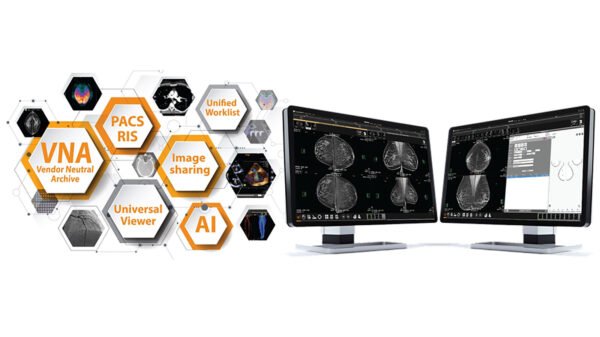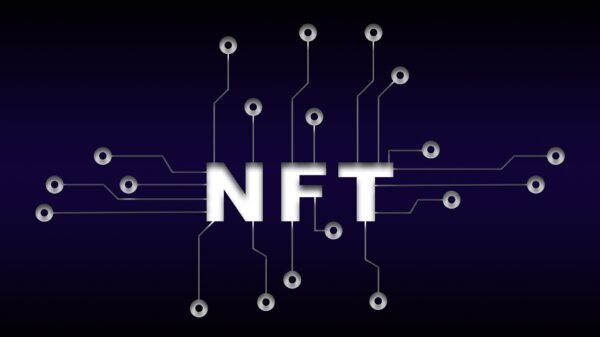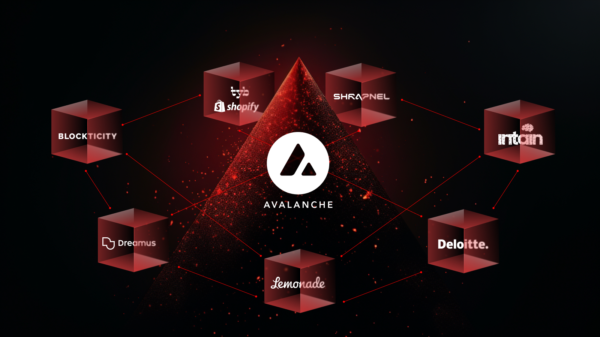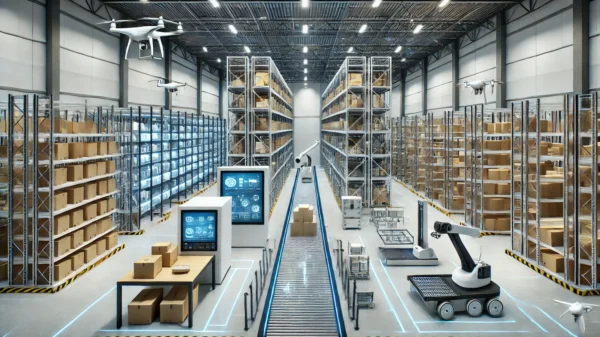The Role of AI in Business Operations
The integration of advanced AI technologies is revolutionizing business operations across multiple industries. In healthcare, AI’s ability to analyze vast amounts of data enables early diagnosis and personalized treatment plans, significantly improving patient outcomes. AI-driven algorithms can sift through complex medical histories and provide predictive insights, making healthcare more proactive rather than reactive. Similarly, in the finance sector, AI enhances risk management and fraud detection by identifying patterns that are often invisible to the human eye. Machine learning models predict market trends and optimize trading strategies, providing a competitive edge.
Retail businesses are also harnessing the power of AI to enhance customer experiences and streamline operations. Through natural language processing, AI systems can understand and respond to customer inquiries, offering personalized recommendations and improving customer service. Image recognition technology further aids in inventory management by enabling automated stock monitoring and replenishment. This ensures that products are always available when customers need them, thereby increasing sales and customer satisfaction.
Moreover, AI’s synergy with the Internet of Things (IoT) is creating smarter, more efficient systems. In manufacturing, AI-powered IoT devices monitor equipment health in real-time, predicting and preventing potential failures, thus minimizing downtime and maintenance costs. Smart cities leverage AI and IoT to manage resources efficiently, from traffic control to waste management, enhancing the quality of urban life.
The future of technology is poised for further transformation as AI continues to evolve. Advanced AI applications are expected to drive significant innovation, leading to smarter, more adaptive systems across all sectors. For instance, self-learning AI systems could autonomously optimize supply chains, reducing costs and improving efficiency. The continued development of AI promises to unlock new potentials, making it an indispensable tool for achieving business success.
Examples of successful AI implementations abound. Companies like IBM and Google are at the forefront, utilizing AI for everything from enhancing cybersecurity to developing autonomous vehicles. These implementations underscore the critical role that advanced AI plays in modernizing and advancing business operations, ensuring that organizations remain competitive in an increasingly digital world.
Leveraging Advanced AI for Efficiency
In an era where operational efficiency is paramount, businesses are increasingly turning to advanced AI to streamline processes and enhance productivity. One of the critical areas where AI demonstrates its transformative potential is customer support. By providing ticket summaries and analyzing user sentiment, AI helps customer support agents quickly understand and address issues. This capability significantly reduces response times and increases the accuracy of solutions offered to customers.
Moreover, advanced AI can suggest optimal responses based on historical data and user interactions. This not only ensures that customer queries are handled more effectively but also helps in maintaining consistent communication standards. AI-driven systems are adept at delivering precise answers by referencing help center content, thereby reducing the cognitive load on human agents and allowing them to focus on more complex issues that require human intervention.
AI’s role in enhancing operational efficiency extends beyond customer support. In various business operations, AI-driven intelligence is pivotal in streamlining workflows. For instance, in supply chain management, AI algorithms can predict demand patterns, optimize inventory levels, and improve logistics planning. These applications lead to substantial cost savings and more efficient resource utilization.
Real-world examples of AI improving efficiency in business operations abound. For example, Amazon utilizes AI to optimize its vast logistics network, ensuring timely deliveries while minimizing costs. Similarly, financial institutions leverage AI to detect fraudulent activities in real time, safeguarding assets and maintaining trust with clients. In manufacturing, AI-powered predictive maintenance systems forecast equipment failures before they occur, significantly reducing downtime and maintenance costs.
The importance of AI-driven intelligence in today’s business landscape cannot be overstated. By automating routine tasks, providing actionable insights, and enhancing decision-making processes, advanced AI empowers businesses to achieve higher productivity levels and improved customer satisfaction. As companies continue to explore and integrate AI technologies, the potential for operational efficiency and business success will only grow.
The Importance of Accuracy in AI
Accuracy plays a pivotal role in the efficacy of advanced AI applications across various business domains. Achieving over 99% accuracy in real-time verification services is not just a benchmark but a necessity for businesses that handle high volumes of data and require rapid approval processes. This level of precision ensures that identity verification solutions are not only reliable but also secure, providing a trustworthy foundation for business operations.
High-growth businesses, in particular, stand to benefit significantly from accurate AI solutions. In these fast-paced environments, the speed and accuracy of data processing can make a substantial difference in operational efficiency and customer satisfaction. Advanced AI systems that offer high accuracy rates can streamline authentication processes, reducing the time and resources spent on manual verification and minimizing the risk of errors.
The development of reliable identity verification solutions hinges on the ability of AI to accurately analyze and interpret data. This is crucial for maintaining secure operations, especially in sectors such as finance, healthcare, and e-commerce, where the integrity of personal and sensitive information is paramount. Accurate AI systems help in mitigating risks associated with fraud and unauthorized access, thereby reinforcing the trust of customers and stakeholders.
Moreover, the impact of accurate AI extends beyond individual businesses to global operations. As companies expand their reach across borders, the need for precise and dependable AI solutions becomes even more critical. Advanced AI with high accuracy capabilities can handle the complexities of international regulations and diverse datasets, ensuring consistent performance and compliance.
In the context of global business operations, accuracy in AI is not merely a technical achievement but a strategic asset. It enables businesses to navigate the challenges of scalability, regulatory compliance, and customer trust with greater confidence and efficiency. Therefore, investing in advanced AI solutions that prioritize accuracy is essential for long-term success and sustainable growth in today’s competitive landscape.
AI Innovation and Social Benefit
In the realm of advanced AI, innovation is not just about technological breakthroughs but also about creating meaningful social benefits. Cognizant stands at the forefront of this movement, pioneering AI research to solve pressing real-world problems and seamlessly bridging the gap between scientific inquiry and practical applications. One notable initiative, AlphaFold, represents a significant leap in biological research by accurately predicting protein structures, thus accelerating the discovery of new medicines and treatments. This advanced AI tool has the potential to revolutionize healthcare, offering new hopes in the battle against diseases.
Similarly, Project Relate showcases the power of personalized speech recognition. By tailoring AI to understand and adapt to individual speech patterns, this project facilitates better communication for people with speech impairments. Such innovation not only enhances accessibility but also fosters a more inclusive society, where technology serves as a bridge over communication barriers.
Another groundbreaking endeavor is Graphcast, an AI-driven solution designed to provide precise weather predictions. By leveraging vast amounts of meteorological data, Graphcast offers accurate forecasts that are crucial for agriculture, disaster preparedness, and daily planning. This project exemplifies the practical application of advanced AI in improving lives and making informed decisions.
The Cognizant Advanced AI Lab plays a pivotal role in uncovering new opportunities through AI, enabling businesses to make better decisions and enhancing overall efficiency. For instance, AI-driven tools empower customer service agents by providing real-time assistance and automating routine tasks, allowing them to focus on more complex customer interactions. This not only improves the customer experience but also boosts operational efficiency.
In summary, the integration of advanced AI into various sectors exemplifies the transformative potential of technology. By driving innovation and delivering social benefits, initiatives spearheaded by Cognizant highlight the profound impact AI can have on both a societal and business level, paving the way for a future where advanced AI is a cornerstone of progress.







































































Pingback: Affordable and Sweet: How to Build a $300 Gaming PC